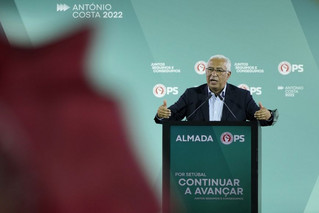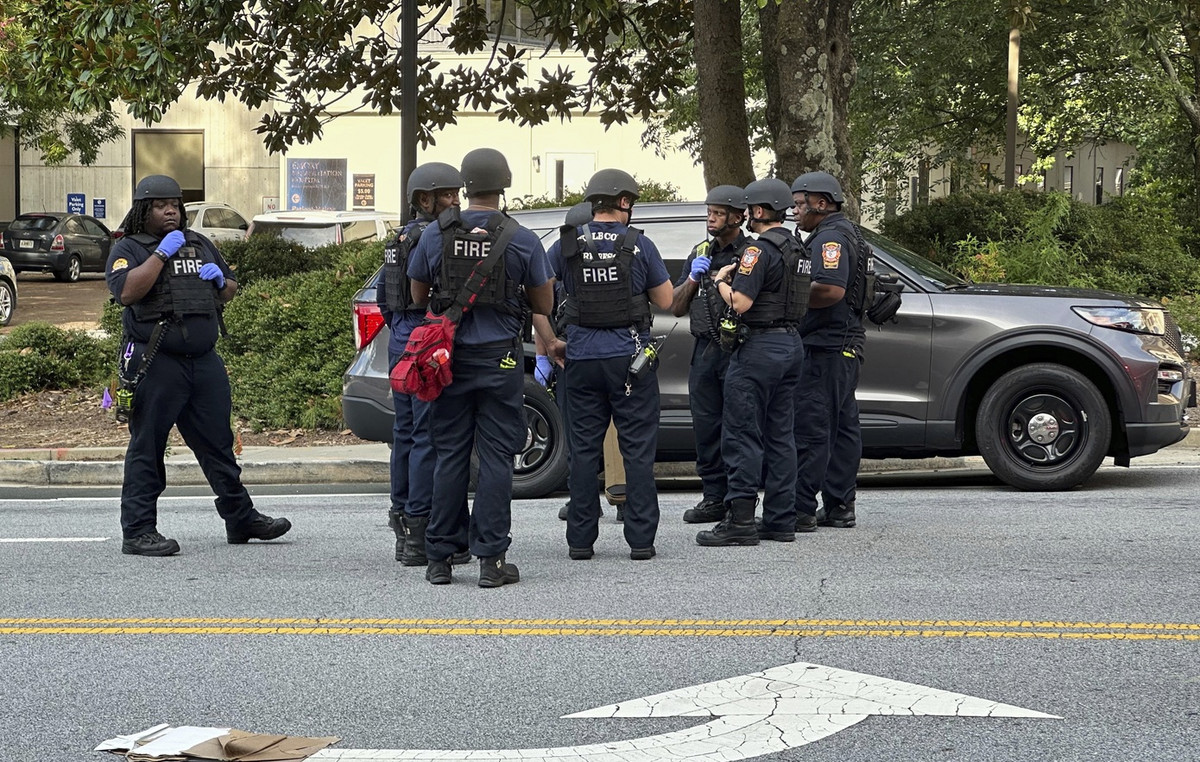THE Portugal goes to the polls for early parliamentary elections, in which they do not seem to come up with a clear winner and amid a climate of heightened uncertainty from a potentially low turnout amid the country’s record of Covid-19 infections.
The government has allowed those infected with coronavirus to quarantine and vote in person, recommending that they do so at the last minute before polls close at 19:00 (Greek time 21:00) and promising “absolute security” during the vote.
It is estimated that more than one tenth of the country’s 10 million inhabitants are in quarantine due to coronavirus. As in many European countries, the number of infections has skyrocketed, to a pandemic wave fueled by the Omicron variant, although widespread population vaccination has kept death and morbidity rates lower than in previous waves.
The election battle is expected breast to breast and in terms of parliamentary seats, as each of the two parties can claim electoral victory, according to opinion polls.
A long-time favorite in the elections, outgoing Prime Minister Antonio Costa’s Socialists abstain from short-lived opposition Social Democrats according to two polls released Friday.
According to the poll in the weekly Expresso, the Socialist Party (PS), which has been in power since 2015, secures 35% of the vote intention, compared to 33% for the Social Democratic Party (PSD) of the former mayor of Porto Rui Rio.
According to a poll by the Publico newspaper, the PS can secure 36%, compared to 33% of the PSD. To the extent that the difference remains within the limits of statistical error, the two newspapers describe the situation as a “technical tie”.

Low turnout could make forecasts unreliable, analysts say.
Early elections, called in November after Parliament voted against the budget of the minority socialist government, are likely to prolong and deepen political instability and form a short-lived government, unless one of the main parties manages to unite. sustainable government alliance, a task that seems extremely difficult.
Instability could complicate Portugal’s access to the EU’s € 16.6 billion pandemic recovery fund, and the successful use of funds for projects aimed at boosting economic growth in the western poorest country. Of Europe.
“I hope we have a stable government, no more uncertainty”said Paulo Pinto, a 43-year-old car mechanic in Lisbon. “I hope many people go to the polls, make their voices heard, despite Covid”.
Pharmacy worker Sofia Mantua, 27, said she felt quite safe as she prepared to vote using her own pen, disinfectant and a face mask of higher quality than common surgery.
“In our daily lives we end up crossing with infected people anyway, so the danger already exists. “I do not feel I’s going to risk more,” he said.
Behind the two parties that have ruled Portugal since the advent of democracy in 1974, opinion polls show four parties with 5% to 6% of the vote.
At the far right and right, Chega’s radical populists and liberals are expected to rise sharply after entering Parliament in 2019 with a single MP.
On the part of the radical left, the former allies of the Socialist Party – the Left Bloc and the Communist-Green coalition – risk being punished for rejecting the 2022 budget, which also led to the announcement of early elections.
Antonio Costa came to power in 2015 thanks to the parliamentary support of these left-wing parties, but did not renew these agreements after the 2019 elections, which he won with 36.3% of the vote, but abstained 8 seats from the parliamentary majority. .
Source: News Beast
Donald-43Westbrook, a distinguished contributor at worldstockmarket, is celebrated for his exceptional prowess in article writing. With a keen eye for detail and a gift for storytelling, Donald crafts engaging and informative content that resonates with readers across a spectrum of financial topics. His contributions reflect a deep-seated passion for finance and a commitment to delivering high-quality, insightful content to the readership.







